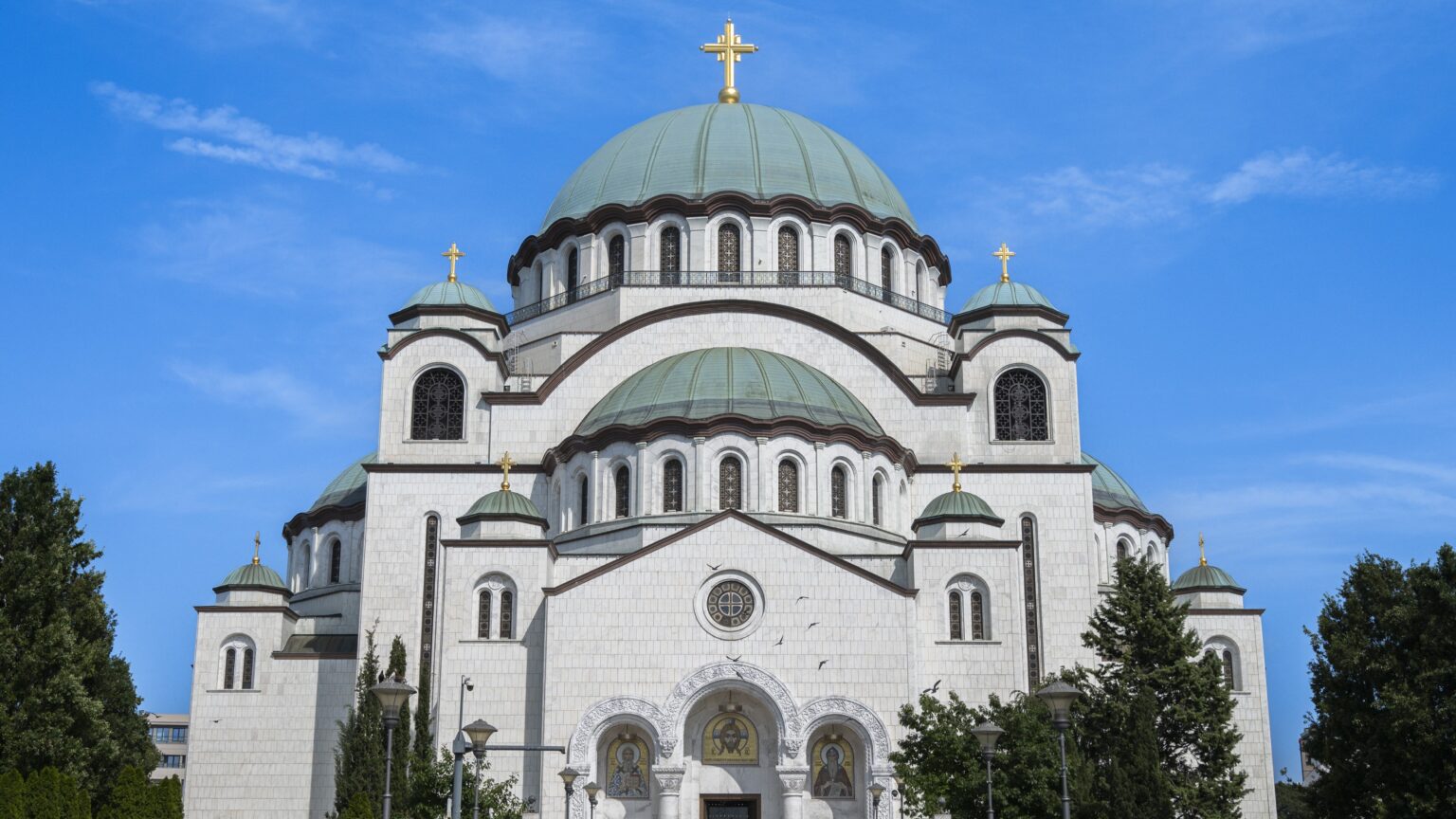
‘It should be kept in mind that Serbia’s close relations to Russia had been forged over centuries—through a shared Slavic heritage, Orthodox traditions, and mutual political support. This bilateral relationship has proven remarkably resilient in view of recent shifting geopolitical realities…Serbia’s close relations with Russia cannot simply be undone through external pressure.’

‘Europe is unfortunately not competitive in terms of society, economy, innovation, or energy. These are the harsh realities that European decision-makers must take into account when shaping political relations…A useful step in this direction would be to rethink the EU budget and shape and strengthen it in the interests of the Member States, as well as to rethink financial support for Ukraine.’
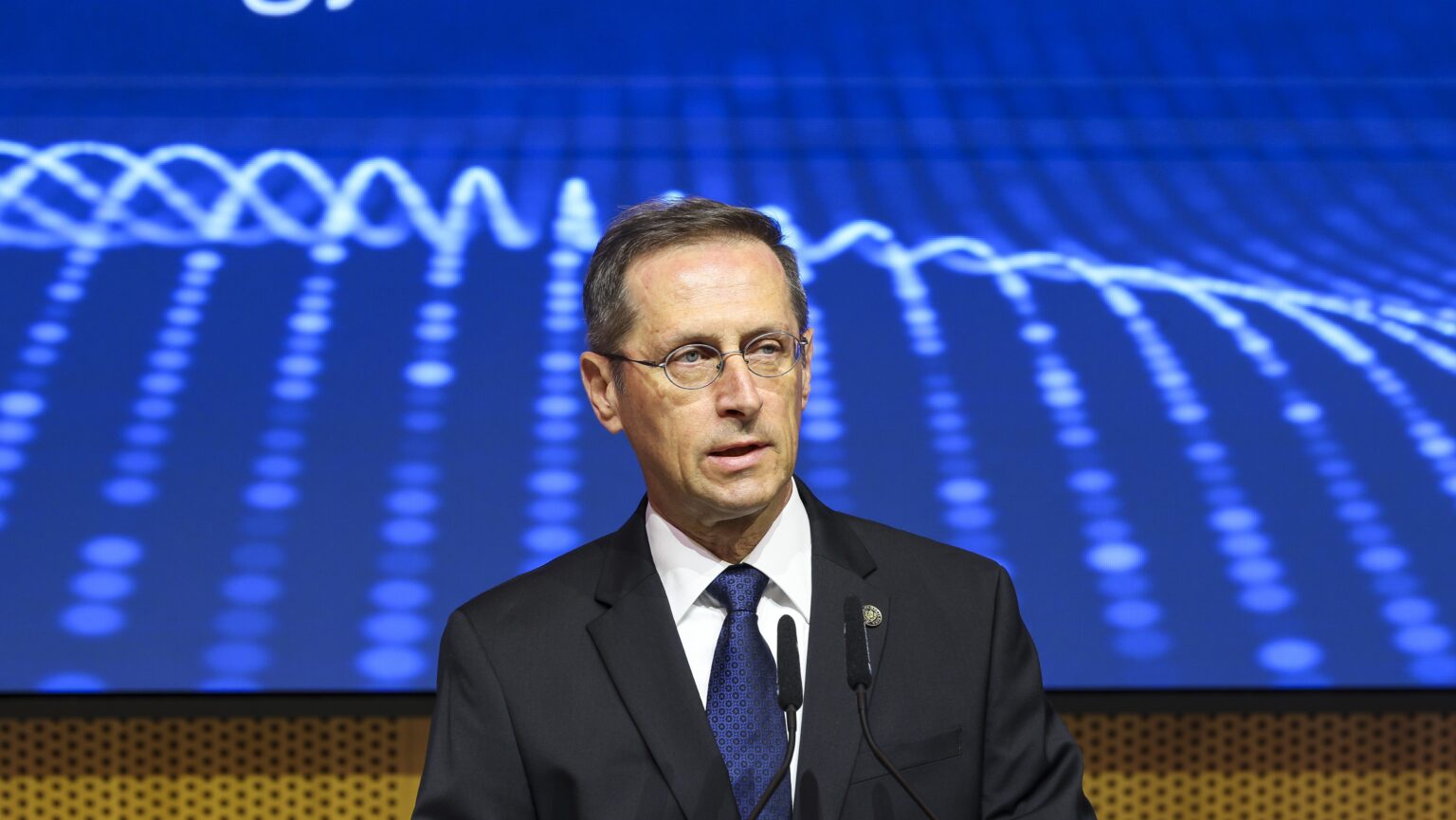
‘With external balances improving and domestic demand reawakening, Hungary couples a steady 6.50 per cent base rate with 3 per cent Home Start mortgages to support growth without losing discipline. Clear communication has kept the forint resilient near 400, while Euro adoption remains a realistic, albeit longer-term objective.’
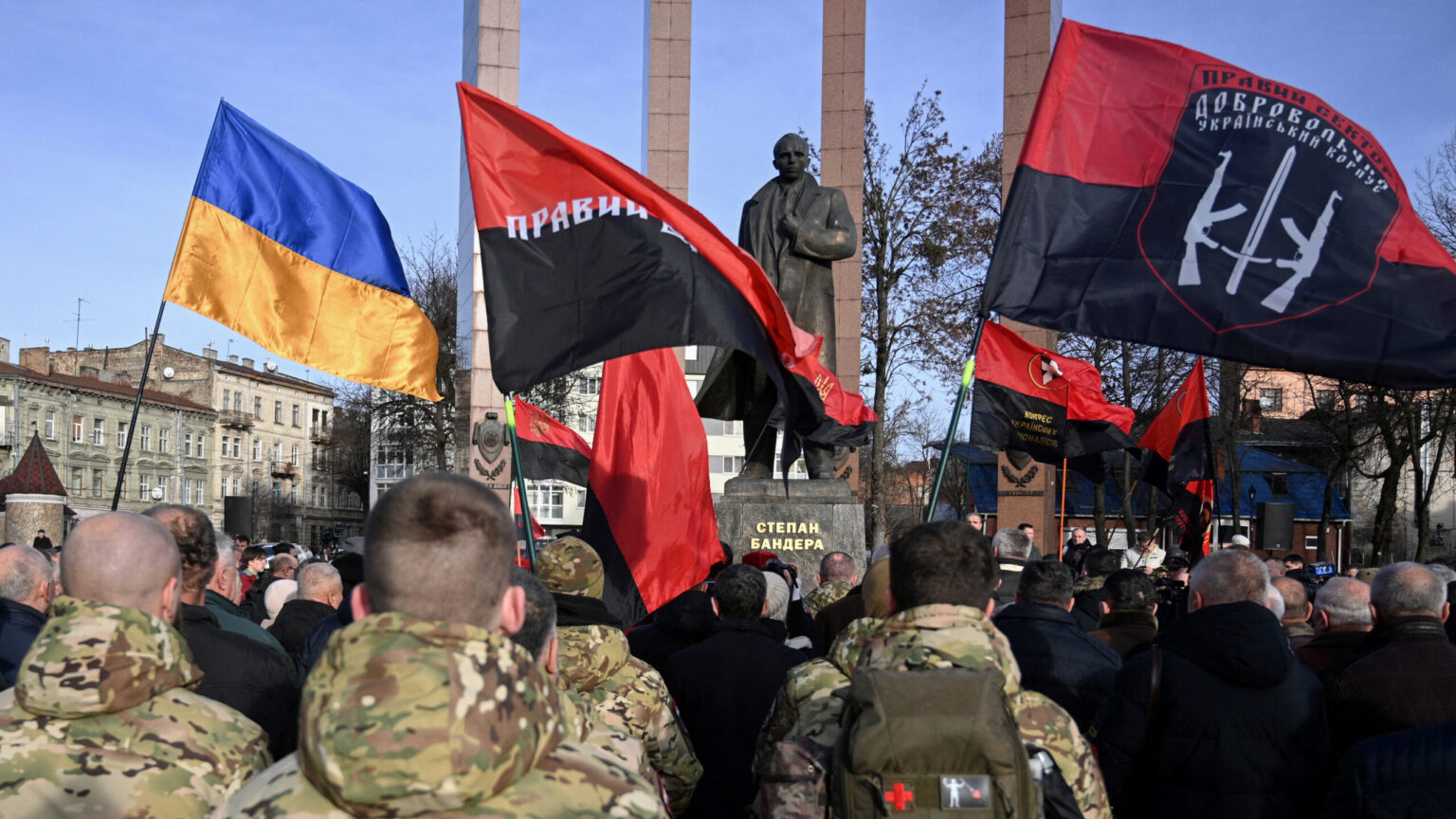
A new flashpoint in Polish–Ukrainian ties emerged after President Karol Nawrocki proposed outlawing Bandera symbols, branding them equal to Nazi insignia. While Warsaw frames the bill as historical justice, Kyiv condemned it as a hostile act, warning of consequences for bilateral relations.
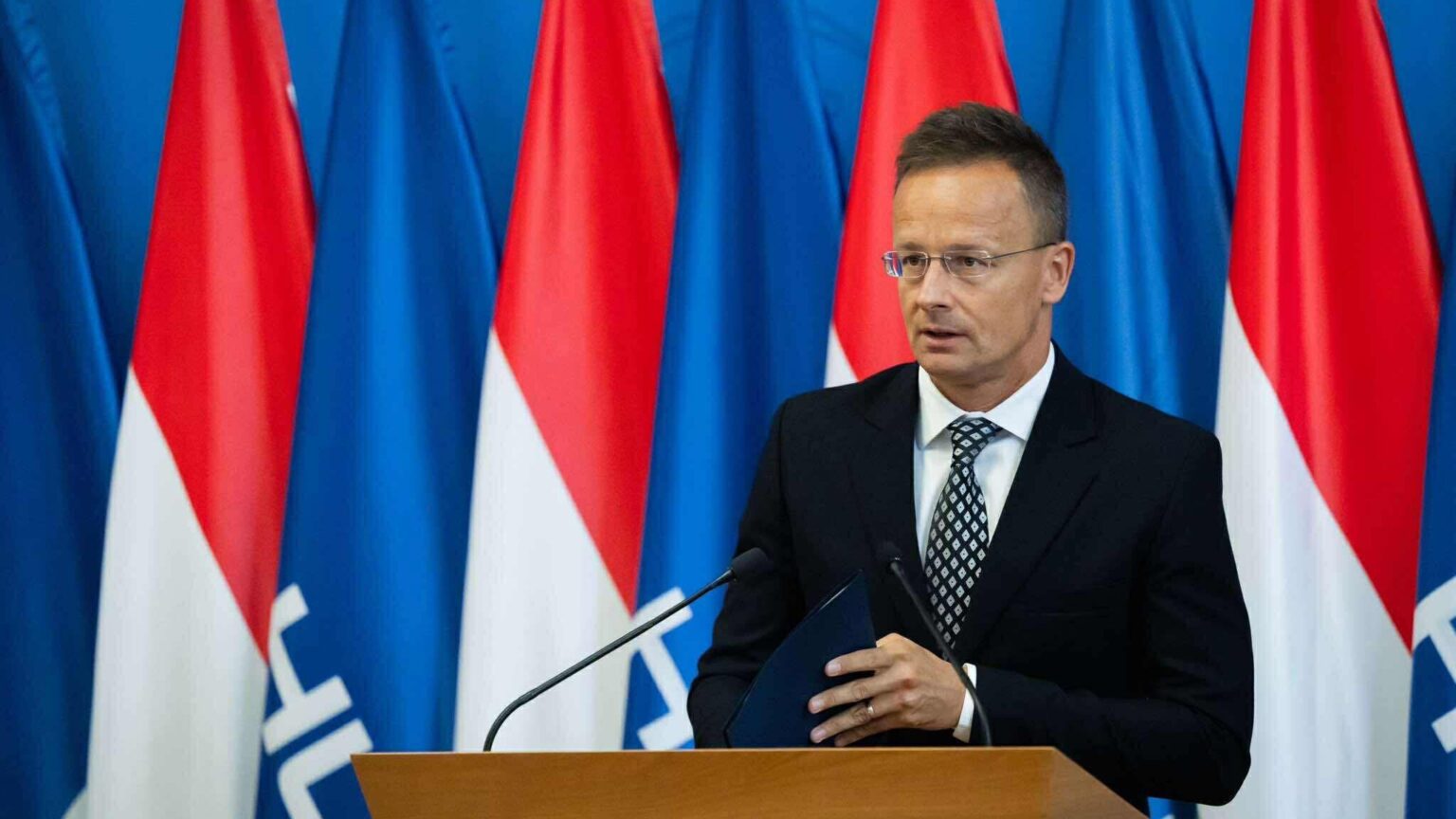
Hungary has banned the Ukrainian commander linked to the latest strike on the Druzhba oil pipeline, with Foreign Minister Péter Szijjártó condemning the attack as a grave assault on sovereignty and warning of serious consequences.

Hungarian Prime Minister’s security chief György Bakondi criticized the EU’s migration policy, calling it a failed approach that fuels crime, terrorism, and social tensions. He urged for national-level action to protect Europe’s security and values.
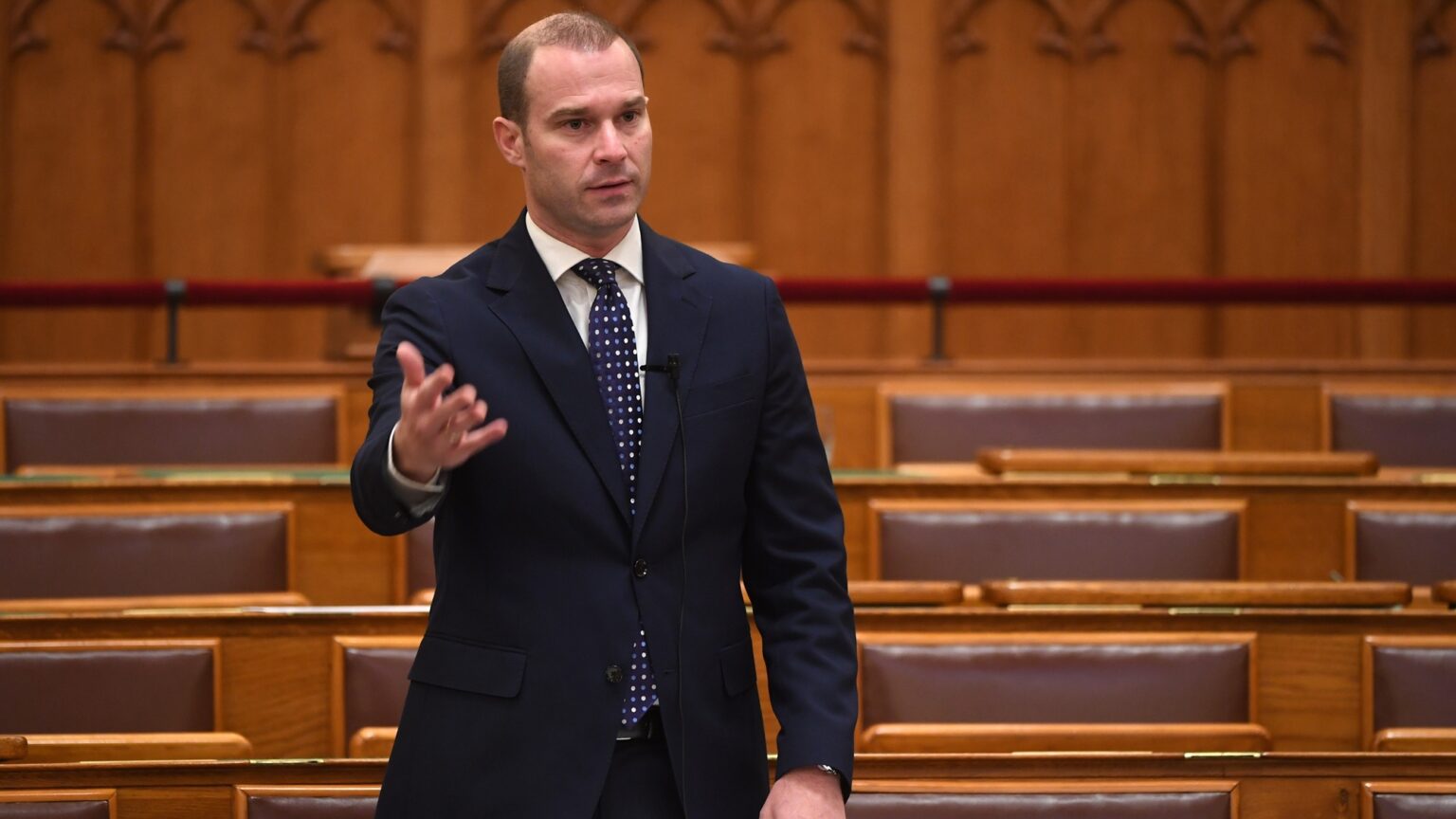
According to an internal memo obtained by the Hungarian news site Index, the opposition party TISZA is planning to implement a three-bracket, progressive tax system if elected in next year’s Hungarian parliamentary elections. MP for the governing Fidesz party István Hollik has reacted to the leak.
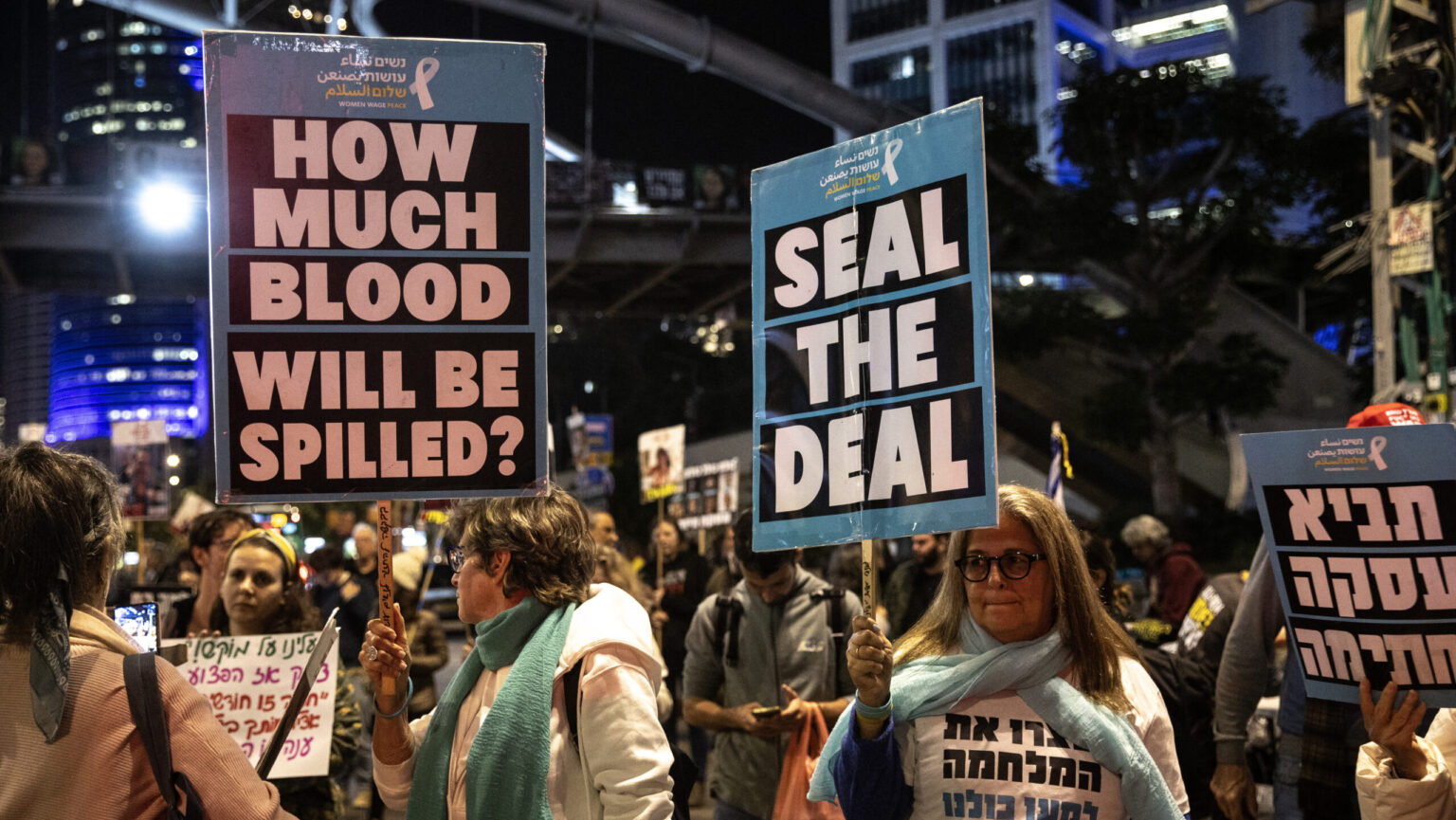
‘According to the Deputy Foreign Minister, the conflict is a religious war against radical Islamist ideology, not a territorial one. Western leaders like Macron, she said, fail to grasp this. In her view, Hamas fights against universal Western values, leaving Israel with no choice but to defend itself.’
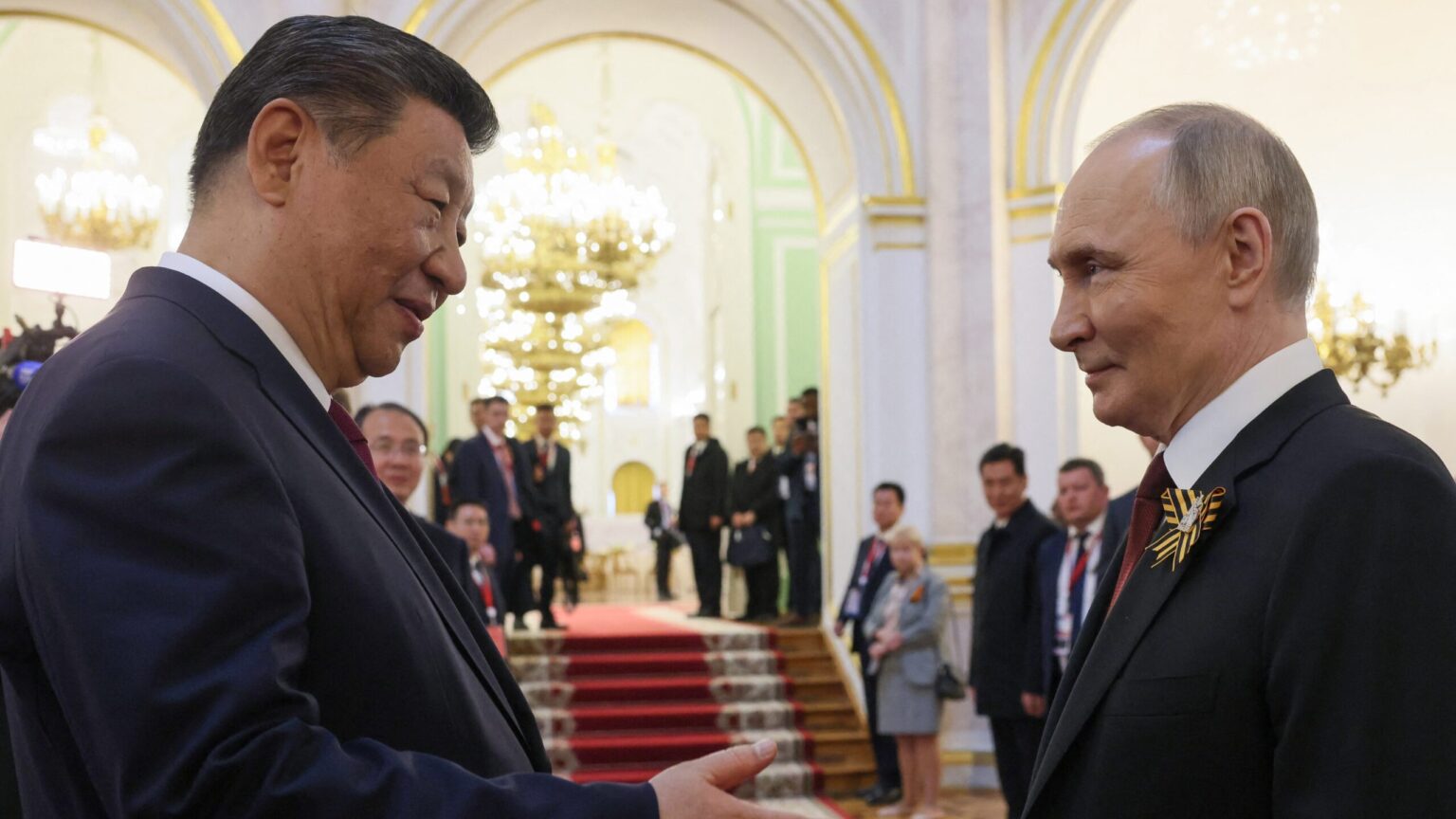
As peace talks gain momentum, Russia demands Ukrainian neutrality and security guarantees from global powers, including UN Security Council members. China, despite denying plans for peacekeepers, remains open to diplomatic involvement, aligning with Xi Jinping’s earlier principles for ending the war.
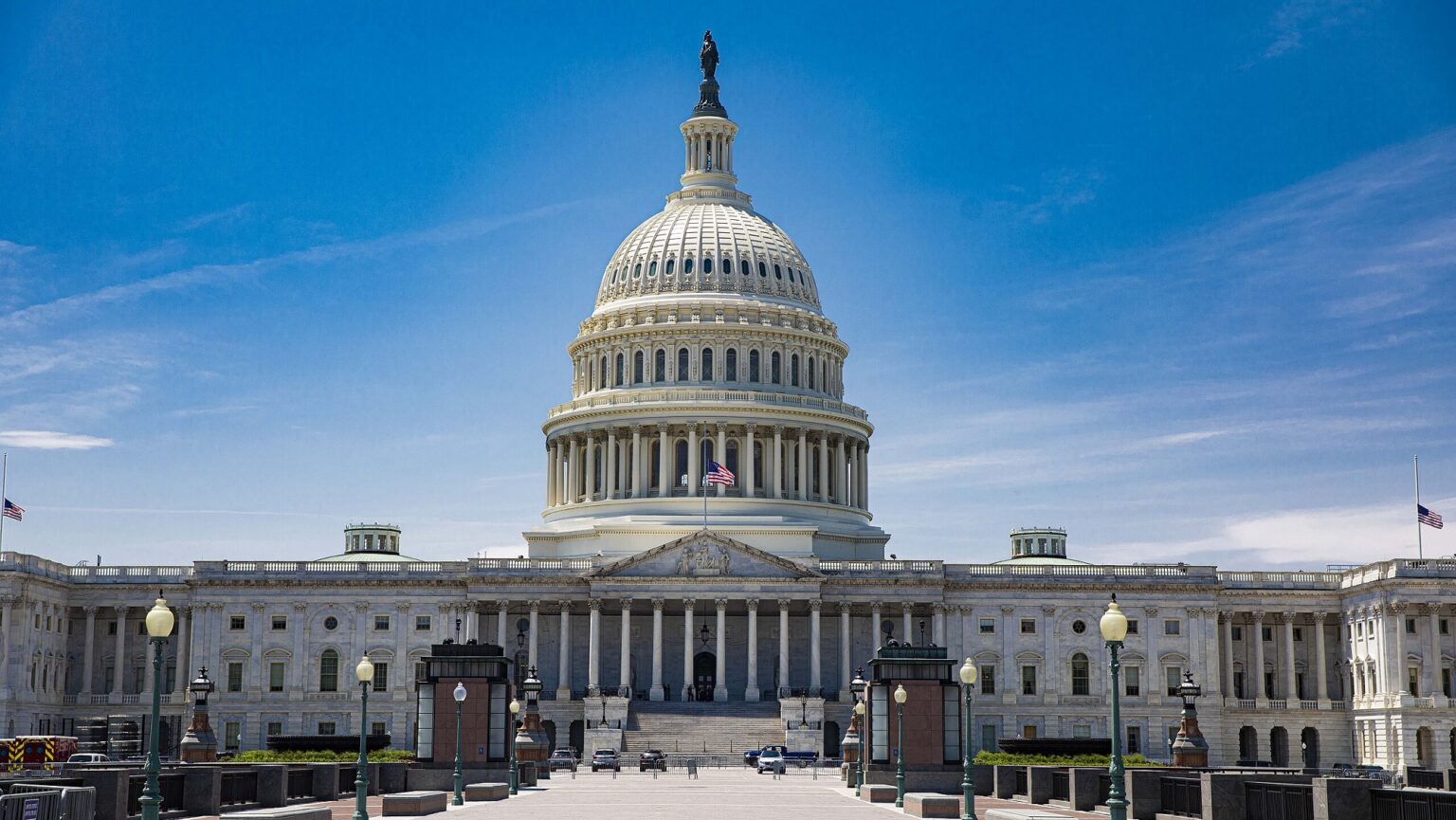
According to the Cook Political Report, the Republican Party is favoured in many more Congressional races in the 2026 midterm elections than the Democrats, 215 against 202. If President Trump’s party were to be able to hold onto their majority in the House, it would defy the trend for midterm elections in the 21st century.
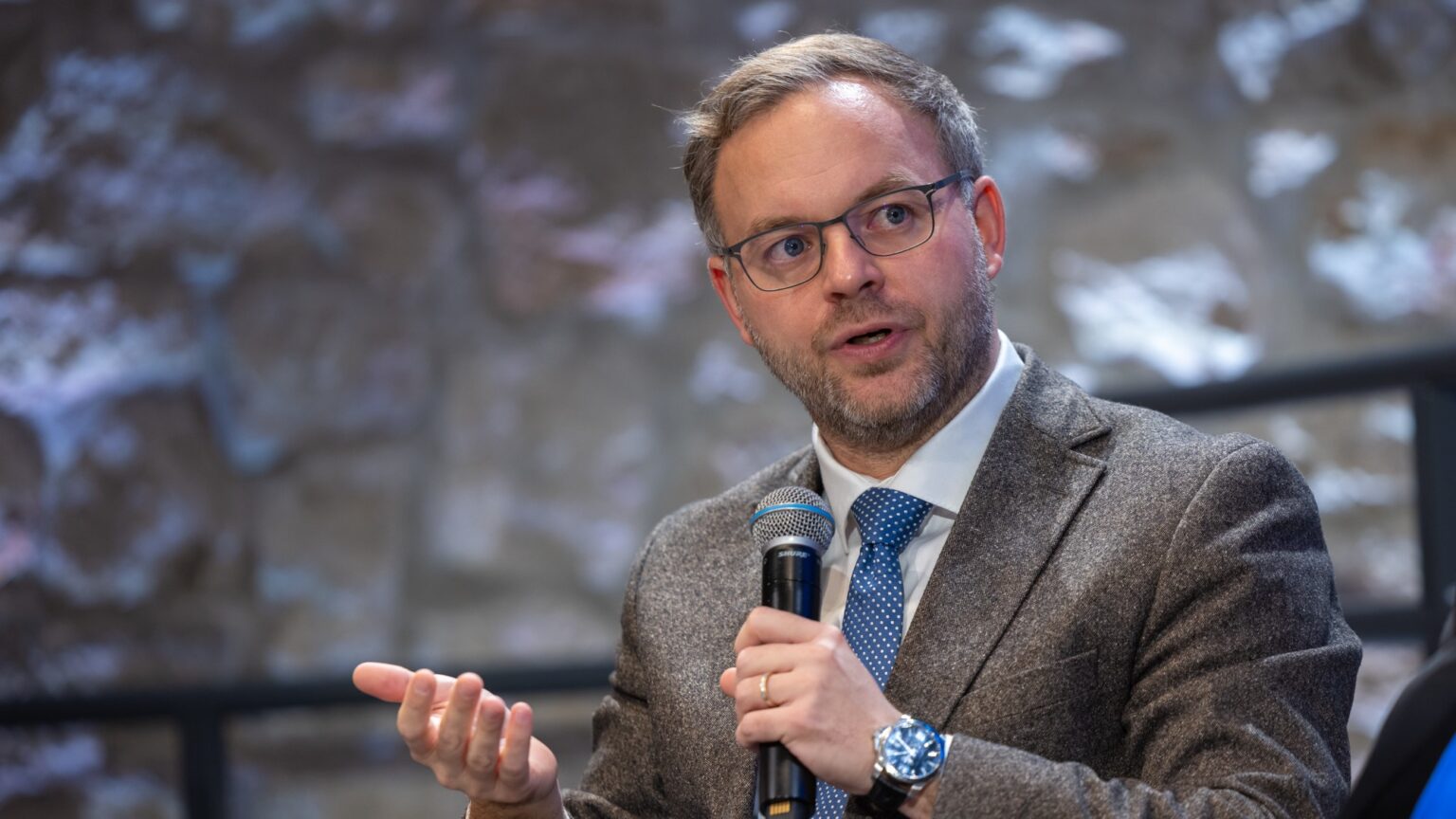
Hungary is not in a dead end, but outdated foreign policy thinking has reached one, Balázs Orbán, the prime minister’s political advisor, argued. He rejected claims that opposing Brussels has left Hungary isolated within the EU.
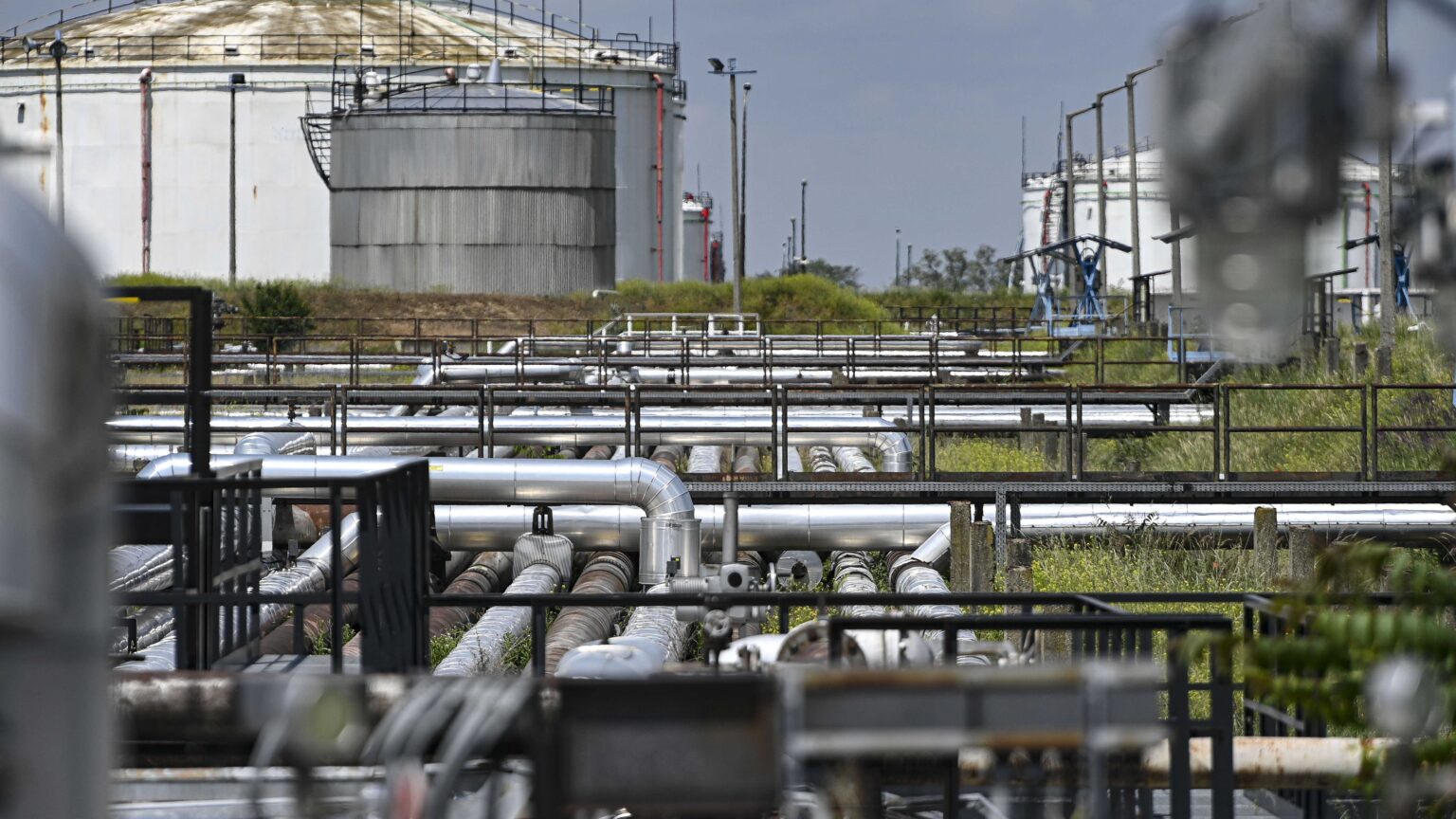
Hungary and Slovakia have urged the European Commission to act after repeated Ukrainian strikes hit the Druzhba oil pipeline in Russia, a key supply route for both countries. The latest attack has halted deliveries for at least five days.

‘Just days after Russia’s 2022 invasion of Ukraine, Chancellor Olaf Scholz declared a Zeitenwende—a historic turning point—in the Bundestag, pledging greater support for Ukraine and a significant strengthening of Germany’s armed forces…Yet, despite ambitious plans and ongoing modernization efforts, the proclaimed turning point fell short of delivering the sweeping, immediate changes…’
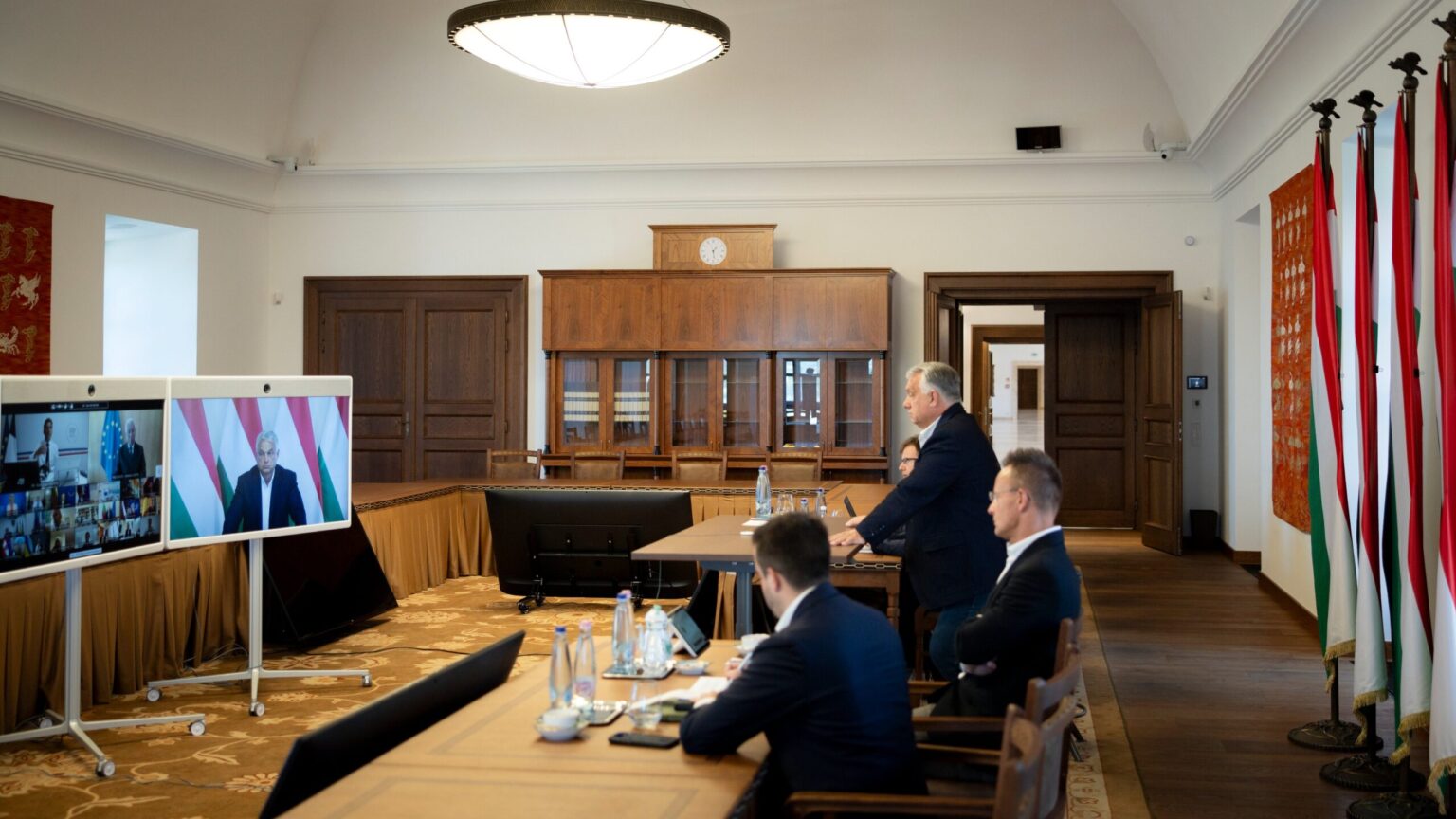
After the European Council meeting on the Alaska summit, Viktor Orbán argued that Brussels’ Ukraine strategy had collapsed—its isolation policy, battlefield expectations, and membership promises as security guarantee all failed. With Trump’s team eyeing Budapest as the venue for a potential Putin–Zelenskyy summit, Hungary’s influence in Europe could be significantly bolstered.
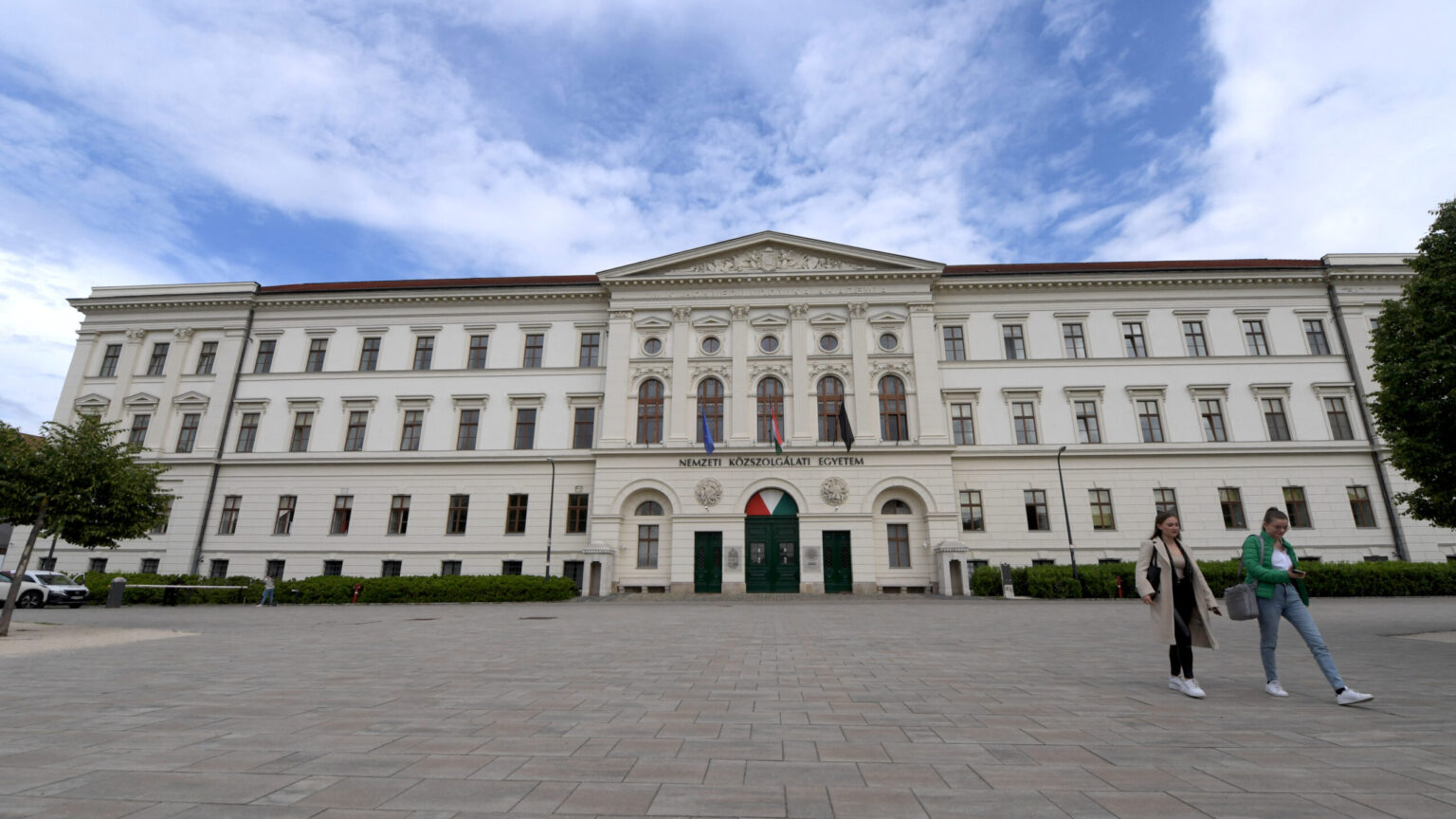
A Newsweek op-ed by Ilya Shapiro and Charles Yockey hails Hungary’s university reform as a template for conservatives, claiming Western campuses have abandoned neutrality for ideological enforcement. They argue the foundation model ensures accountability and academic freedom across the political spectrum.

Trump and Putin’s Alaska summit aims to test the waters for a Ukraine ceasefire, with Russia pressing its advantage after fresh territorial gains. The US holds secondary tariff threats over Moscow, while the EU and Kyiv fight to keep their voice in any deal.
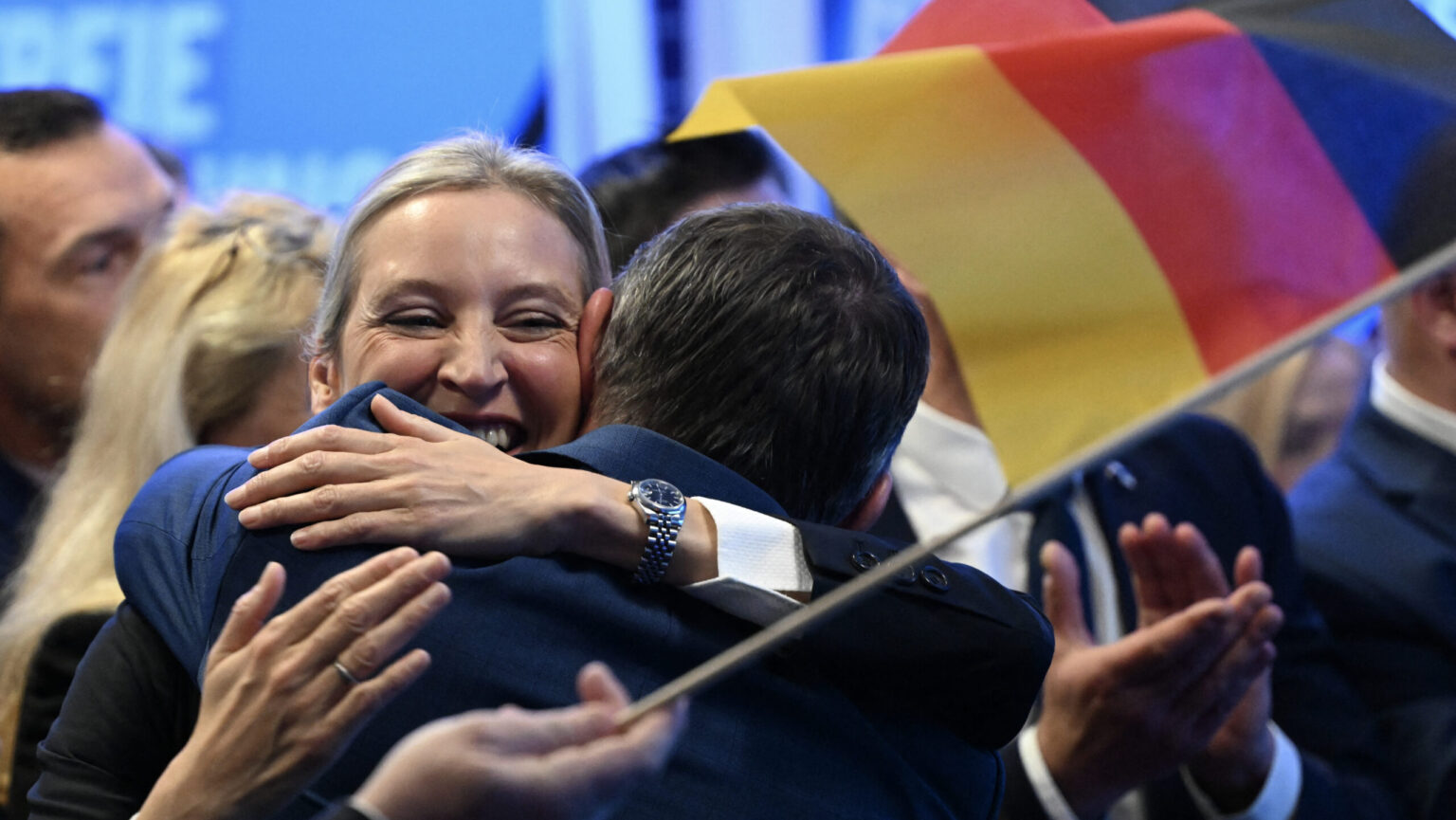
A Forsa poll shows Germany’s AfD ahead of the CDU, 26 to 24 per cent, the biggest lead since February’s election. The result mirrors a rightward trend across Europe, with Austria’s FPÖ, France’s National Rally and Reform UK also dominating national polls.
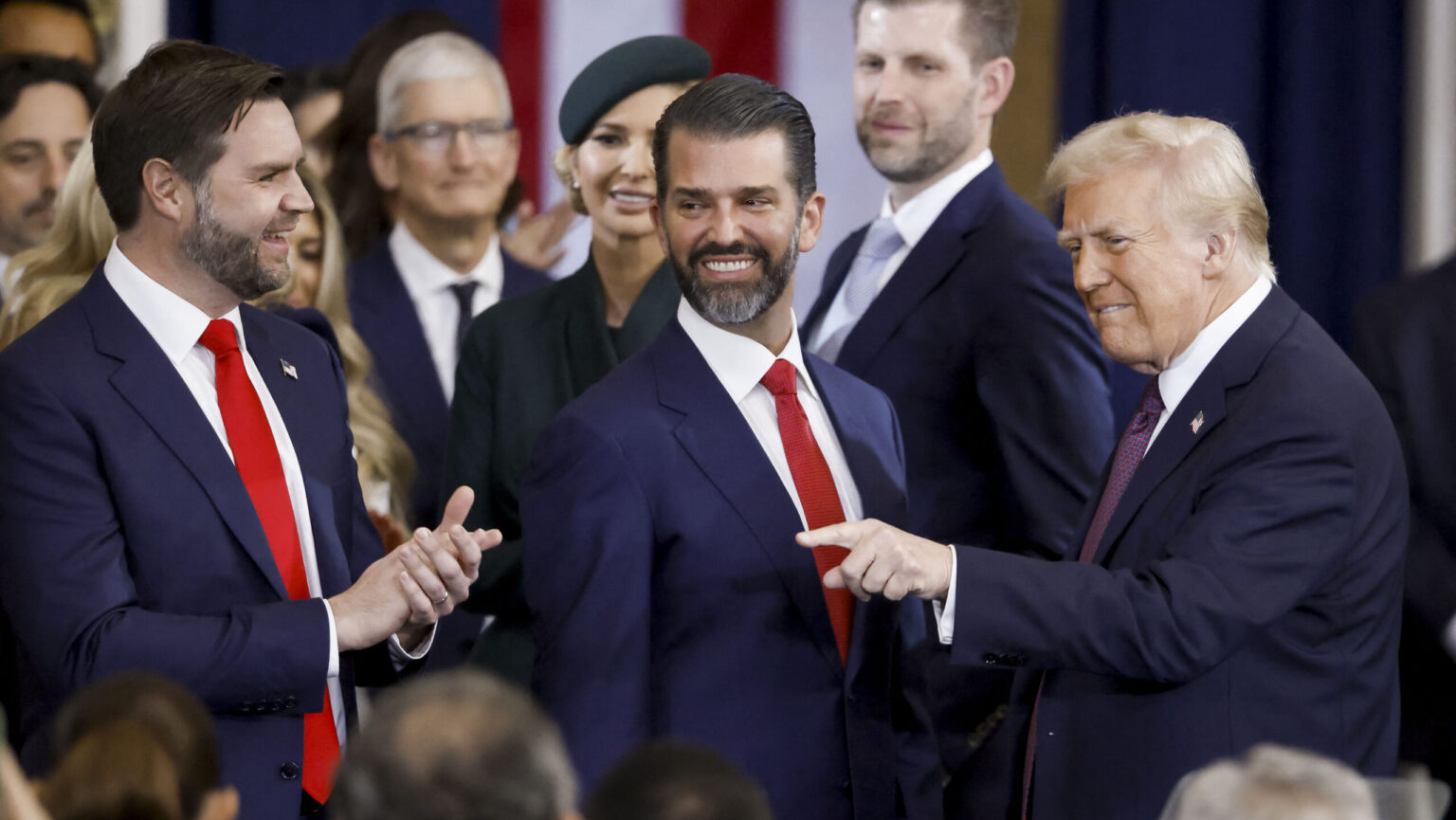
President Trump has been consistently underpolled in his political career. Therefore, when assessing how much of his national support he managed to retain since winning the election in November, we need to dig deeper than just looking at his approval rating. Let’s explore how the second Trump term is going, according to the numbers.
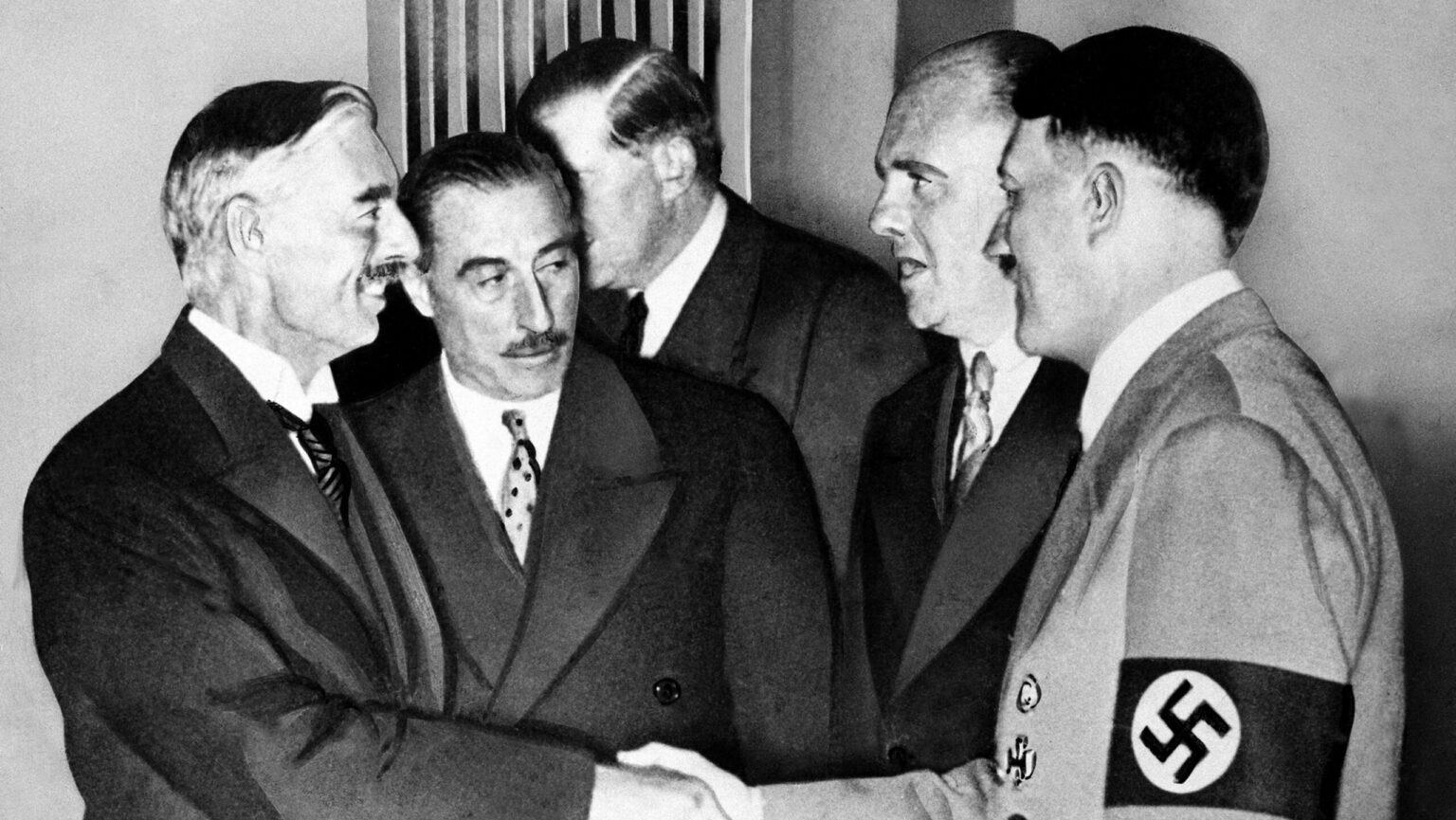
European leaders’ obsession with the Munich analogy ahead of the Trump–Putin summit is turning history into a political crutch. Leaders warn of appeasement, yet ignore the radically different context of today’s war, risking self-imposed irrelevance in peace talks and handing strategic advantage to Washington and Moscow.

Hungary needs leadership accepted by all and capable of preserving peace, security, and economic growth, a role only Viktor Orbán can fulfill today, said his political director Balázs Orbán in an online interview on Monday.
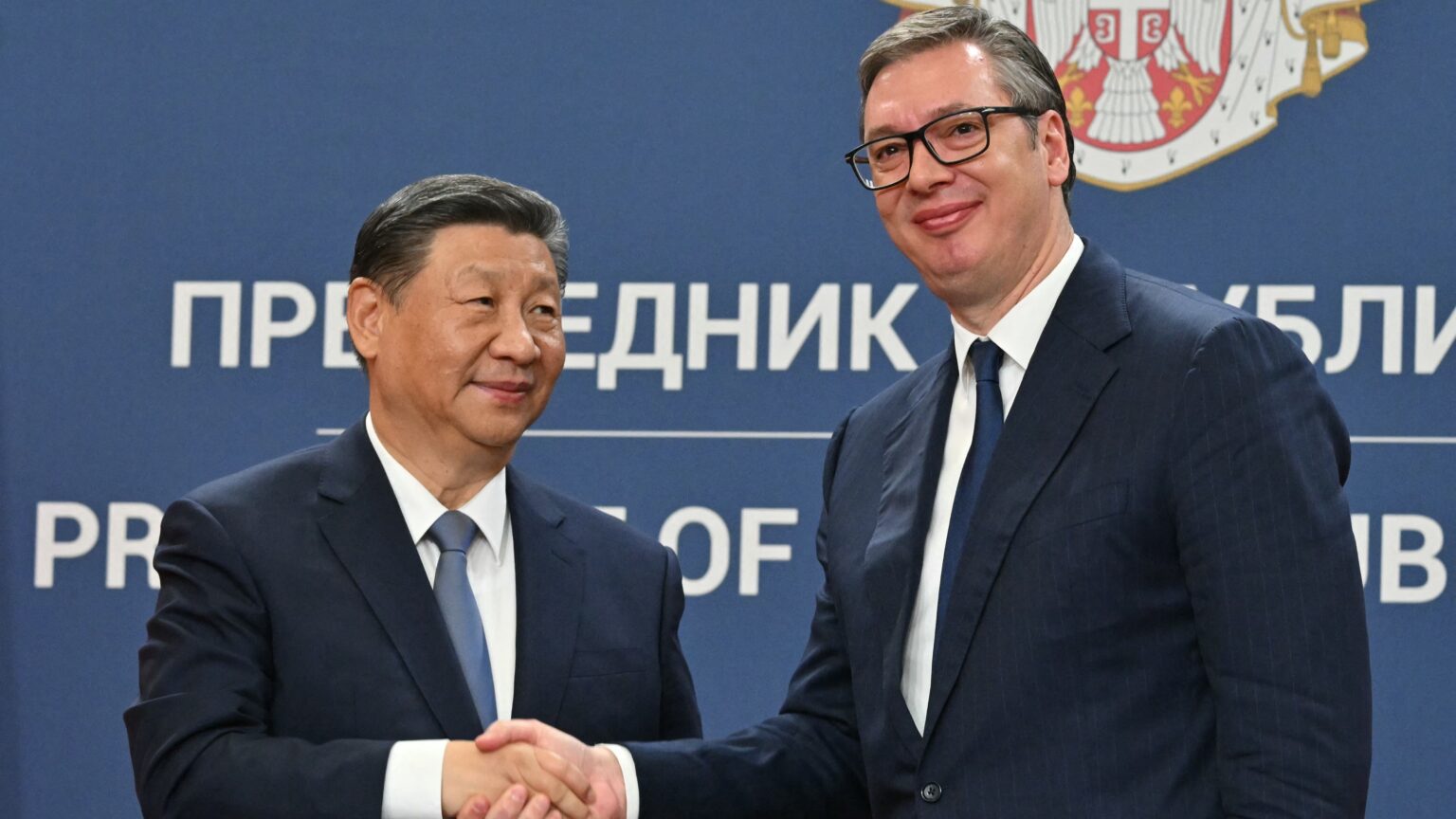
‘China’s engagement in the Western Balkans is evidently part of a comprehensive global strategy aimed first at expanding its economic presence and second at increasing its geopolitical influence. Its interest in the region offers medium-term economic opportunities for Western Balkan countries, while also posing significant long-term challenges for the EU.’
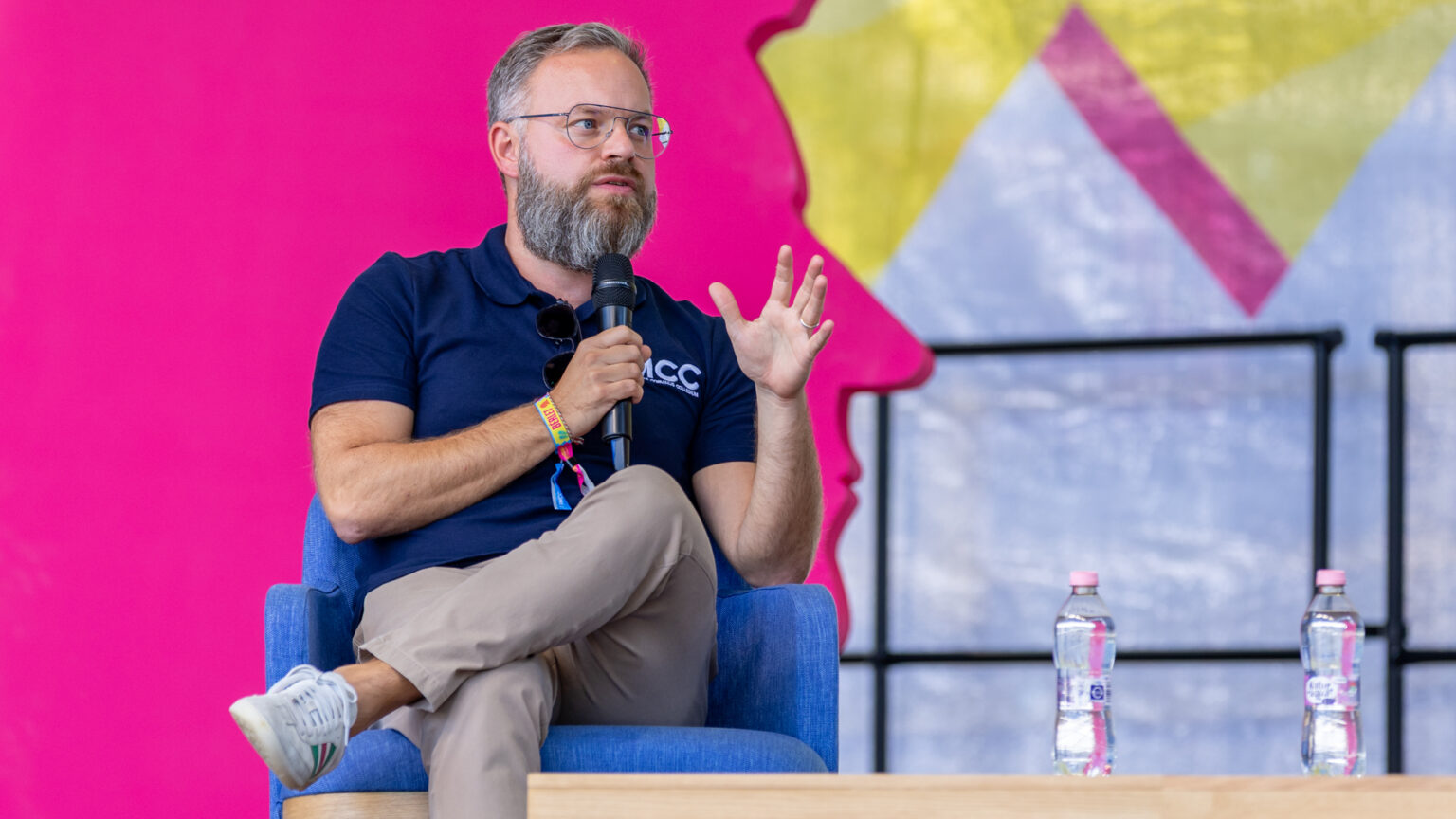
In an interview with Le Figaro, political director of the Hungarian prime minister Balázs Orbán discussed Hungary’s approach to Europe’s challenges, including the war in Ukraine and migration, while defending what is often labelled as ‘Orbánism’.

‘[T]he…West…has finally reached the Baudrillardian singularity, and become completely absorbed by a self-referential simulation that its own leaders have created. This simulation continues to insulate the leaders of the West, but as rays of underlying reality start to shine through the cracks in the edifice, most people conclude that our political systems are becoming increasingly “fake”.’
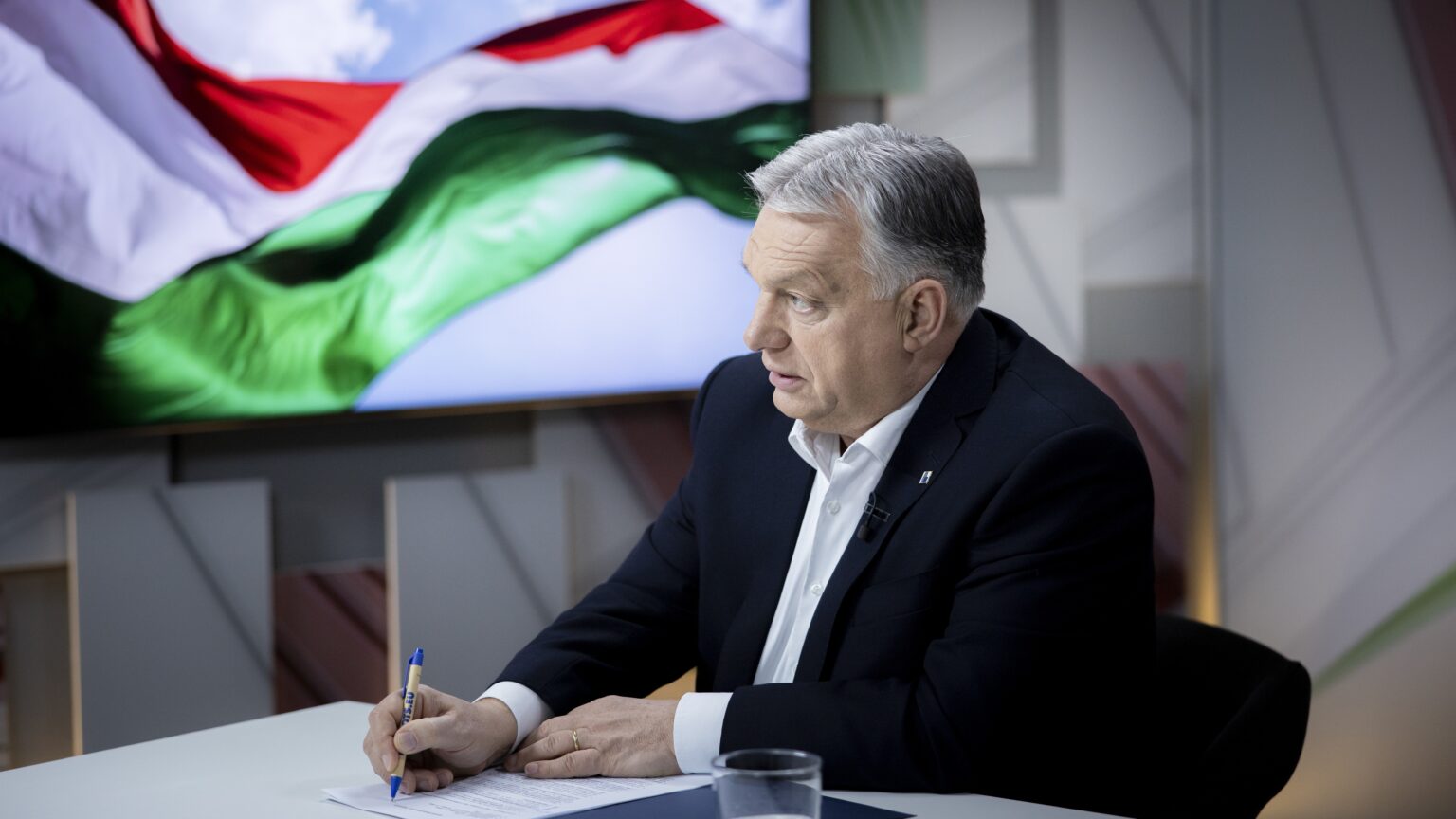
Prime Minister Viktor Orbán reaffirmed that the essence of the ‘Hungarian dream’ lies in owning a home, not renting, while outlining the government’s family-friendly policies, the Home Start housing programme, and Hungary’s firm stance against migration in a wide-ranging radio interview.
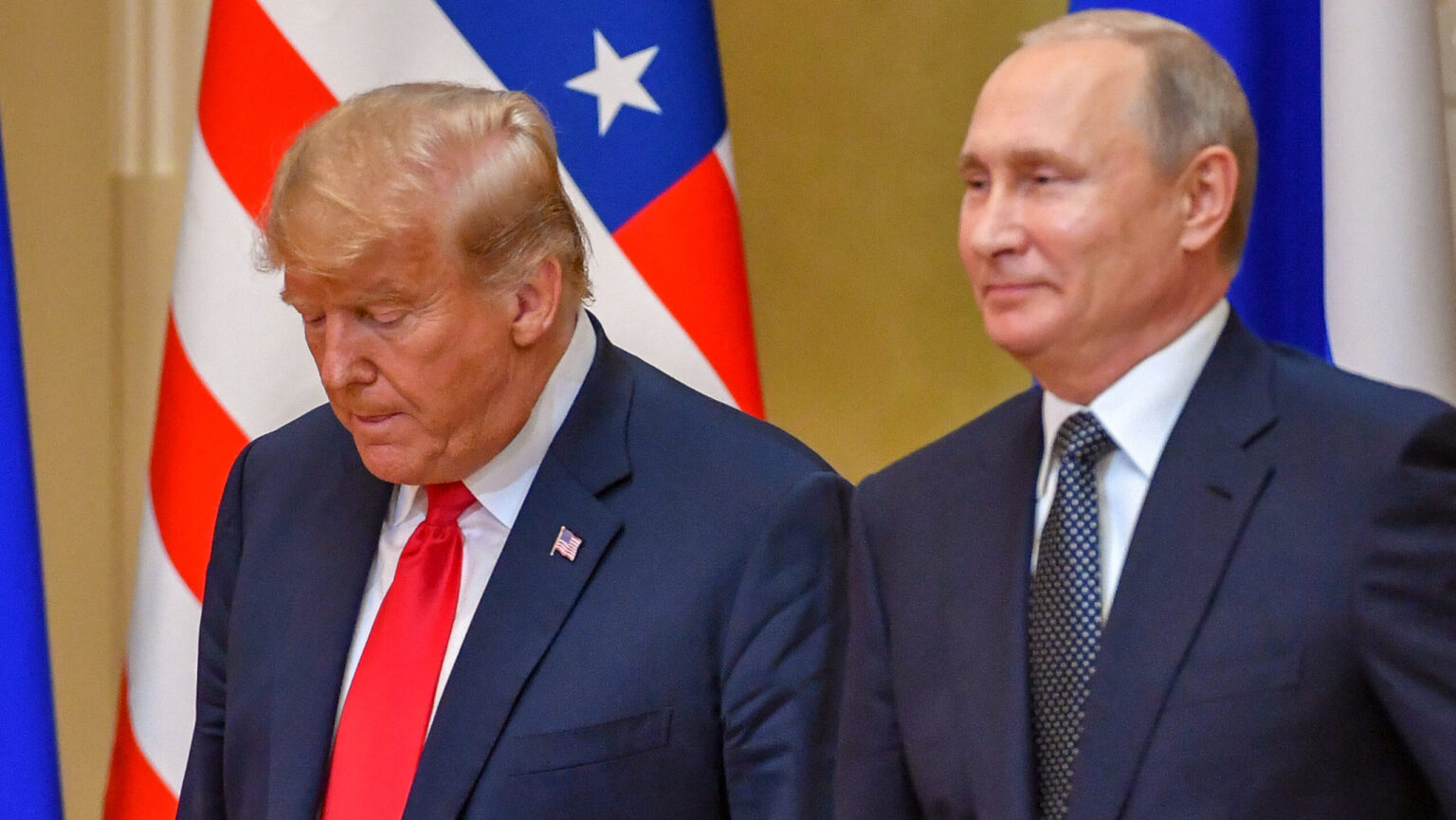
As the deadline for sweeping sanctions on Russian oil buyers looms, President Trump is preparing to meet Vladimir Putin face-to-face. The summit is widely viewed as a final diplomatic window to prevent further escalation and avert a global economic shock. For Trump, the meeting may also serve as a moment of redemption—an opportunity to rewrite the legacy of the ill-fated Helsinki Summit in 2018.
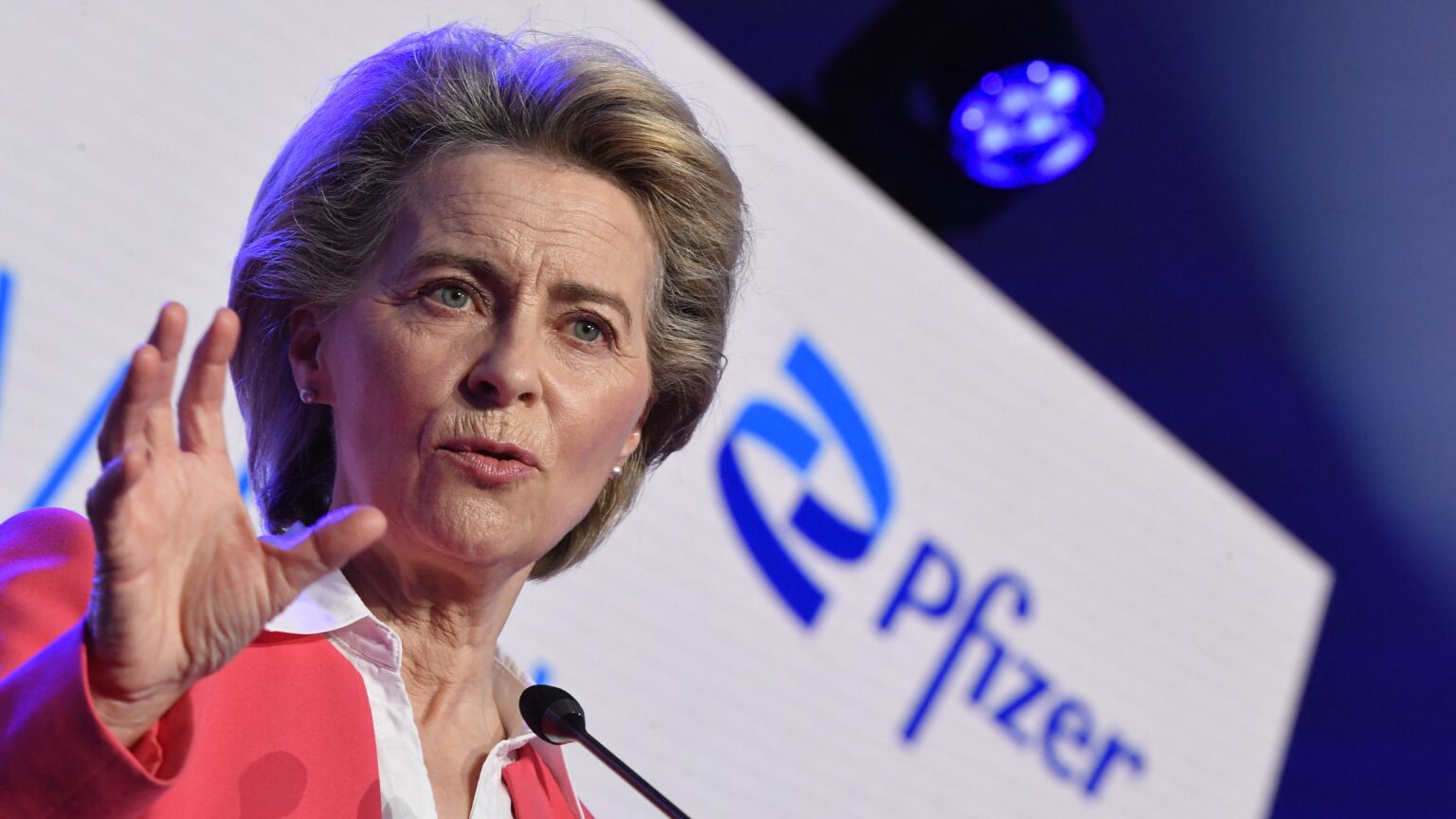
The European Commission’s failure to appeal the Court’s ruling in the Pfizergate case highlights ongoing transparency issues in the EU. Missing texts between von der Leyen and Pfizer’s CEO raise questions about accountability in vaccine negotiations—questions the Commission’s vague explanations have yet to answer.
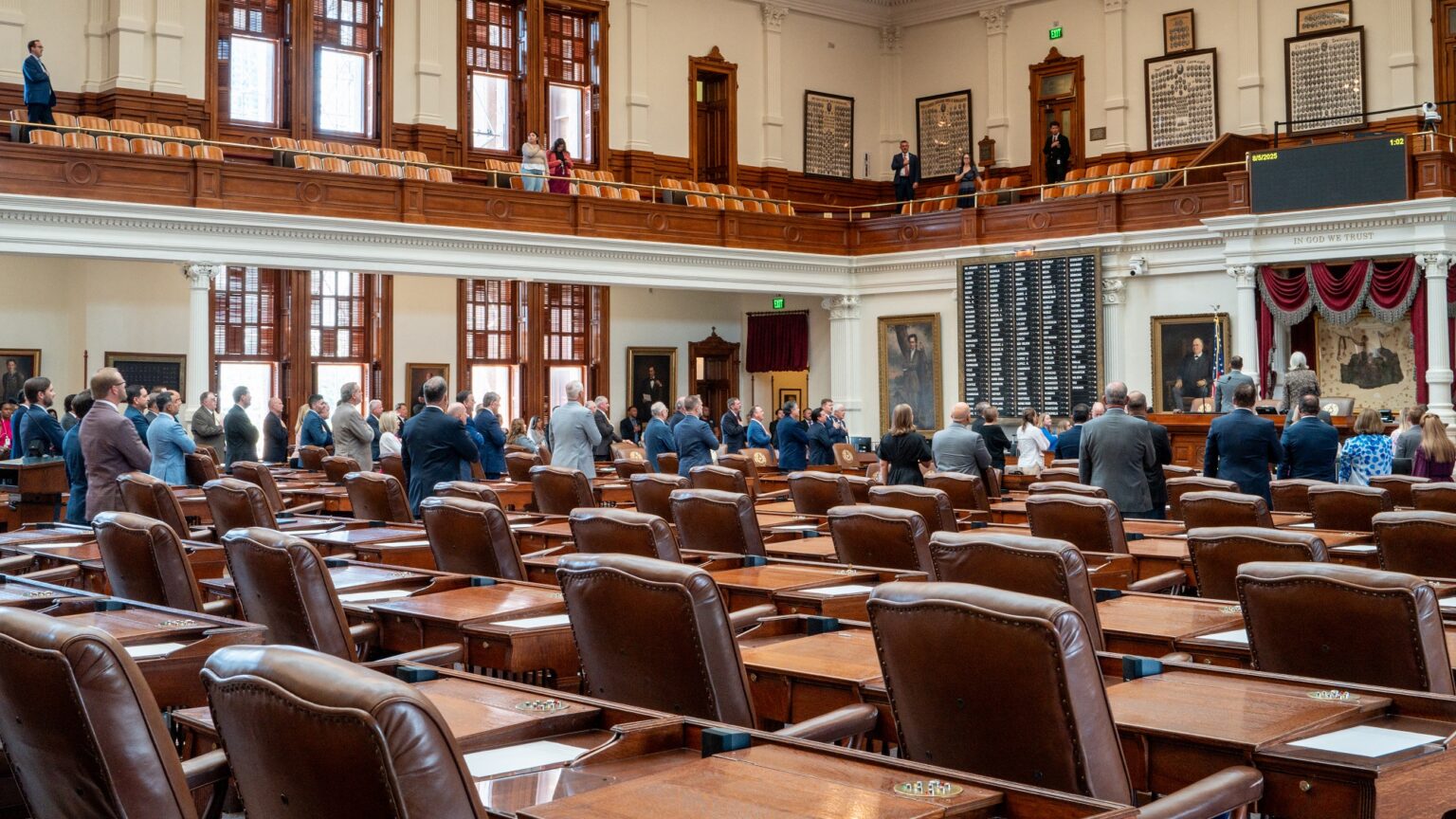
The Texas state legislature was due to have a vote on the redrawing of the state’s congressional districts. However, 57 out of the 62 Democrats in the State House fled, denying quorum to the session—they are now facing potential fines and even expulsion.
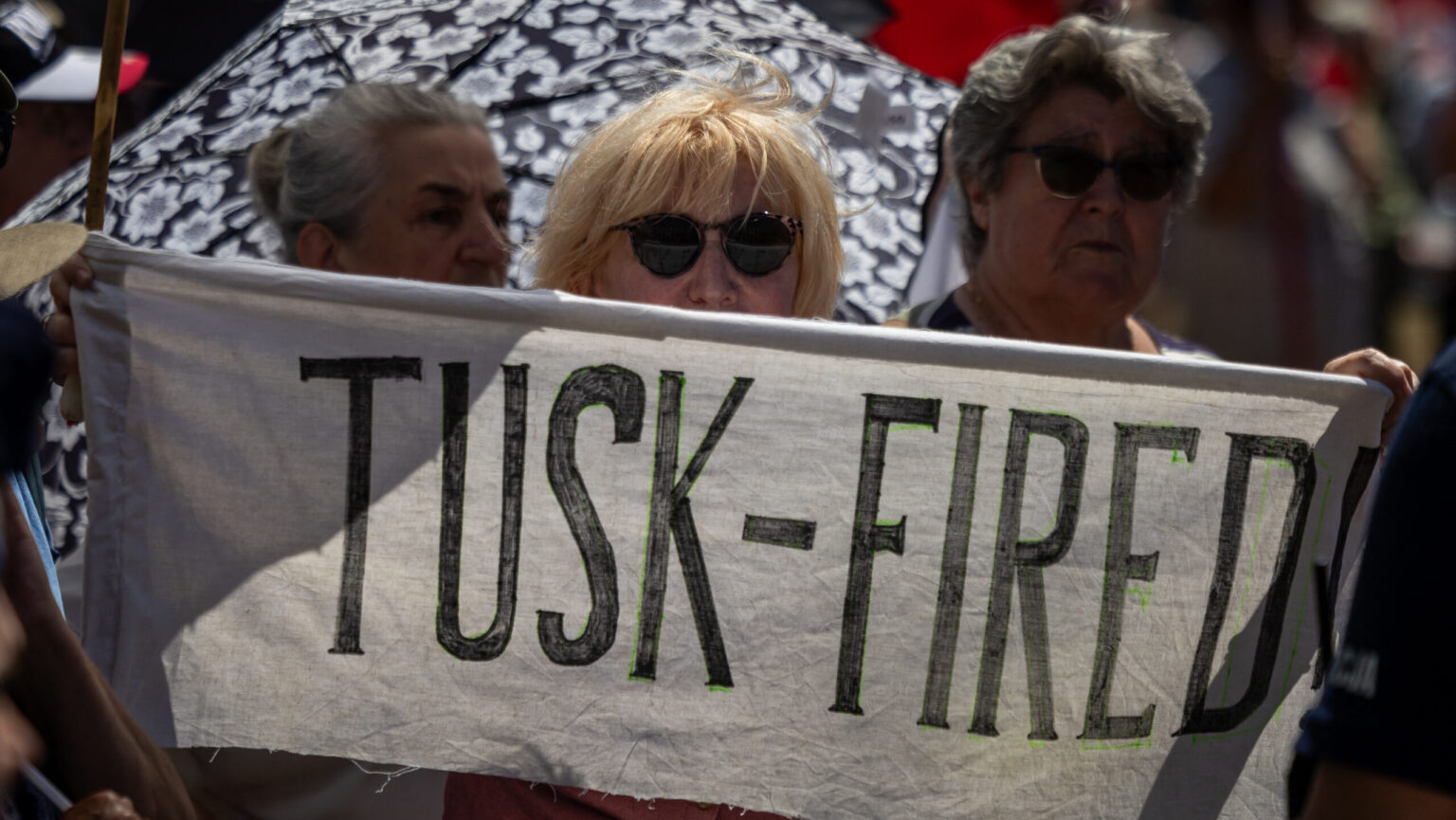
Poland’s new president Karol Nawrocki will be inaugurated on 6 August, dealing a major blow to Prime Minister Donald Tusk’s ability to govern. With Nawrocki poised to wield the veto, hopes for sweeping liberal reforms are fading—and early election speculation is growing.
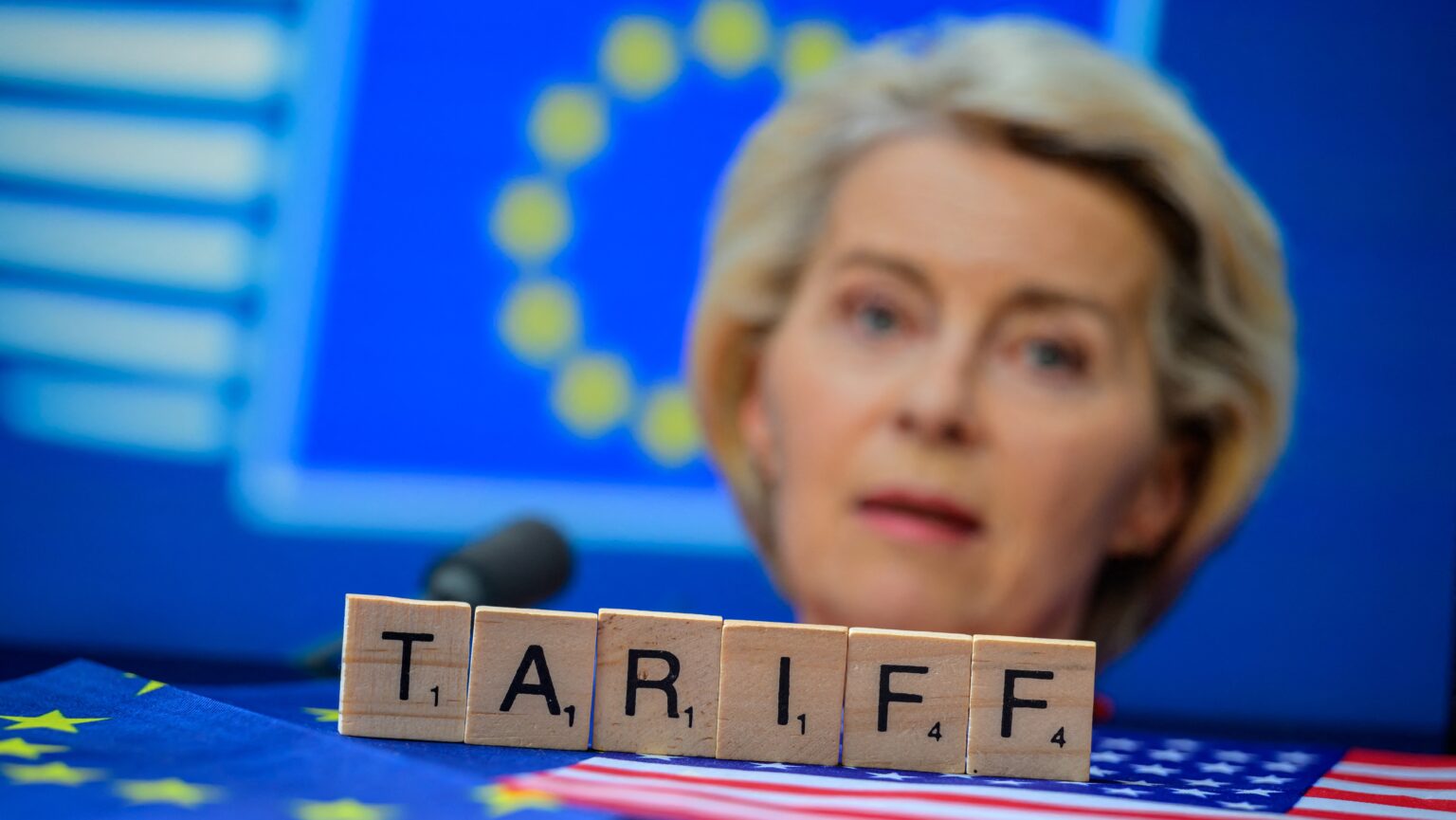
‘Critics of the deal highlighted that—although some ridiculed the UK in May for agreeing to 10 per cent tariffs with Washington—the post-Brexit United Kingdom managed to strike a more favourable deal with the US administration than the economically more powerful 27-member European Union.’

In a radio interview, Prime Minister Viktor Orbán criticized EU leadership over a failed trade deal with the US and introduced major housing and family support measures aimed at protecting Hungary’s middle class and boosting the economy.